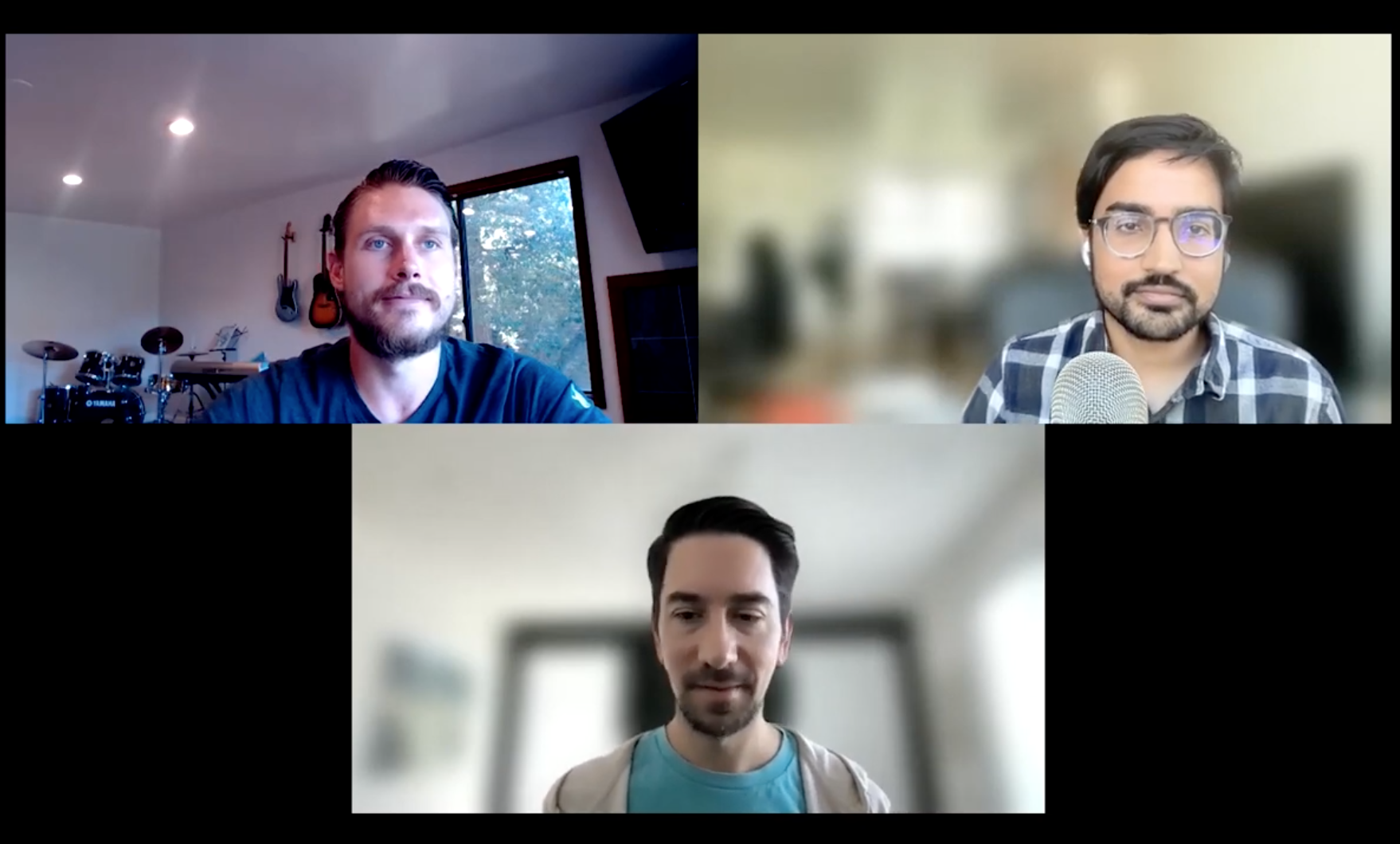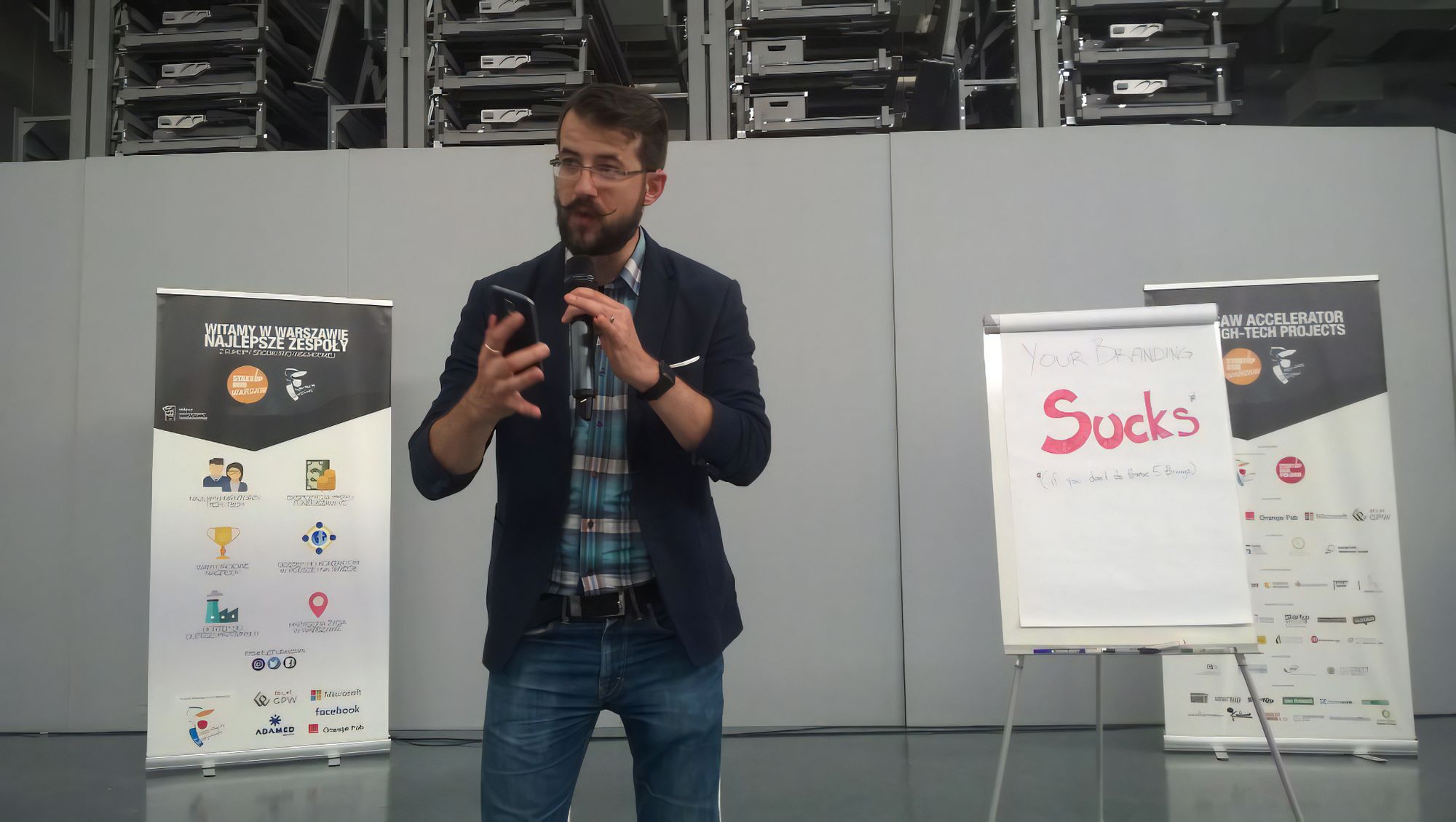
As part of the Founder Institute’s series of free online startup events for entrepreneurs around the world, we were pleased to welcome Neil Tiwari and Adam Spector in August 2021, of Pulley and AbstractOps respectively, for a focused conversation on startup equity best practices.
Talking about, dividing, and managing startup equity by scary for many early-stage entrepreneurs—but these skills are essential for any business that aims to recruit top talent or raise venture capital funding. Watch this video in our 'Mastering Startup Operations' series to learn from Tiwari and Spector's deep-dive discussion on startup equity and cap table management of founder, investor and employee equity, the major pitfalls to avoid, and more:
Key Topics Include:
- Two pillars of equity ownership: Economics & Control
- Why Common Stock is Best for Most Founders
- Preferred Investor Stock: Risk & Startup Information Asymmetry
- Employee Stock Options and Restricted Stock Awards
- Common vs. Preferred Stock vs. Voting Shares
- Why 'Dual Class' Voting Shares are Unusual
- FI's Equity Collective & Use of Warrants to Invest in Startups
- Startup Equity & US Taxes: Filing 83(b) Elections
- IP Assignment + Equity Ownership of Invention
- Why S-Corps Are Challenging for Investors
- Equity Compensation: Risk Profiles & Benchmarking
- Equity Vesting: Cliffs & Double/Triple Overlap Vesting Schedules
- Employee Equity Terms: Stock Options & Exercising Early
About the Featured Speakers:
Adam Spector is a 3x founder, COO, and 40x Seed Angel Investor, having invested in exited companies that include Datalogue, August Smart Lock and more. As the Chief Operations Officer at AbstractOps, Adam and his team “abstracts away” business operations through their operations platform so that Founders and Executives can focus on what matters to them most: product and sales. Join us as Adam shares his expertise to help you with your startup logistics and answers your questions.
Neil Tiwari is a Business Operations Leader at Pulley, a SaaS company that provides equity management for hyper growth startups. Pulley's mission is to make it easier for anyone to start a company. We strongly believe that more startups should be created, and that founder-led companies are more successful in the long term. With Pulley’s cap table management tools, companies can better understand and optimize their equity. Starting a company is hard enough. Managing a cap table shouldn’t be.
Startup Equity Terms Glossary:
- Common Stock - standard and basic unit economics for all equity ownership, including in publicly traded companies - all other types of stock and options ultimately convert back to Common Stock. Most founders should stick to holding Common Stock.
- Founder Preferred Stock - you pay a bit more money upfront to buy stock in your company, which can be converted and sold to investors, in order to gain some liquidity early-on. (This is not typical for first-time founders, and can generally be viewed as a red flag to investors in an early round, because the founder is signaling that they are 'taking money off the table’ and cashing out a bit early - investors will want to know WHY a founder is doing this.)
- Investor Preferred Stock - ensures the investor is first to get their money back—if the company goes bankrupt or sells for less than the investor had put into it, the investor gets that liquidity back first/before anyone else, with their Preferred Stock.
- Stock Options - employee equity structure, and the one which most companies use - gives the employee ability to buy your stock at a lower/given price, at some point in the future. (ISOs vs NSOs are taxed differently.)
- Restricted Stock Awards - employee equity structure, in some sense the opposite of stock options - employees have option to buy stock upfront, but if they leave the company before some determined stage, you have agreed to buy the stock back from the employee.
- Restricted Stock Units - similar to Restricted Awards, but used most commonly just ahead of going public, because public investors are most comfortable with employees receiving this type of equity just prior to company going public.
- Dual Class Stock - fairly uncommon, but allows founder to maintain voting control even after they no longer maintain majority ownership of the company. (Square is the classic example, cannot be listed on S&P 500 because Jack Dorsey has voting class shares.)
- 83(b) Elections - tax form filed with the IRS, electing to be taxed now on your equity ownership and those employees that are vesting over time (*while the equity is worth relatively little)—this is super important and can result in huge tax savings.
- Invention Assignment Agreements - make cofounders and employees sign these agreements, stating that the technology and IP developed by the team are owned by the company.
- Authorized Shares - a given cap on how many shares your company will issue - you can change it in the future if you need, just have to file a bunch of paperwork - 10 million authorized shares is the standard amount to assign.
- Dilution - how much equity you are giving up by selling shares in a new round of financing - standard benchmark is 15-20% per round.
- Pre- vs Post-Money Valuation - how much the company is worth before vs after a given funding round, extrapolating the total market capitalization value given the share price at the round.
- Pro Rata Rights - allows institutional and larger investors to maintain their ownership percentage, across new rounds of financing - many large investors want to own 10 to 20% and protect and maintain that ownership percentage across subsequent rounds as you grow
- Option Pool - how much equity you set aside in every round, in order to give to your employees; if you expand the option pool, you need permission from your board, and can dilute your other shareholders.
- Vesting Schedule - incentivizes employees through equity that is distributed over a given period of time - will often include a ‘cliff’ after which point the first chunk of equity kicks in; can also have multiple overlapping schedules, so that equity is earned most quickly when people are in the middle peak of their equity ownership vesting.
- 409A Valuation - helps you and your shareholders to understand the actual value of the stock - may be different than how you value stock for employee equity, or the future focused valuation that investors would put on your company.
Graduates of the Founder Institute are creating some of the world's fastest growing startups, having raised over 2BN in funding, and building products people love across over 200 cities worldwide.
See the most recent news from our Grads at FI.co/news, or learn more about their stories at FI.co/journey.



